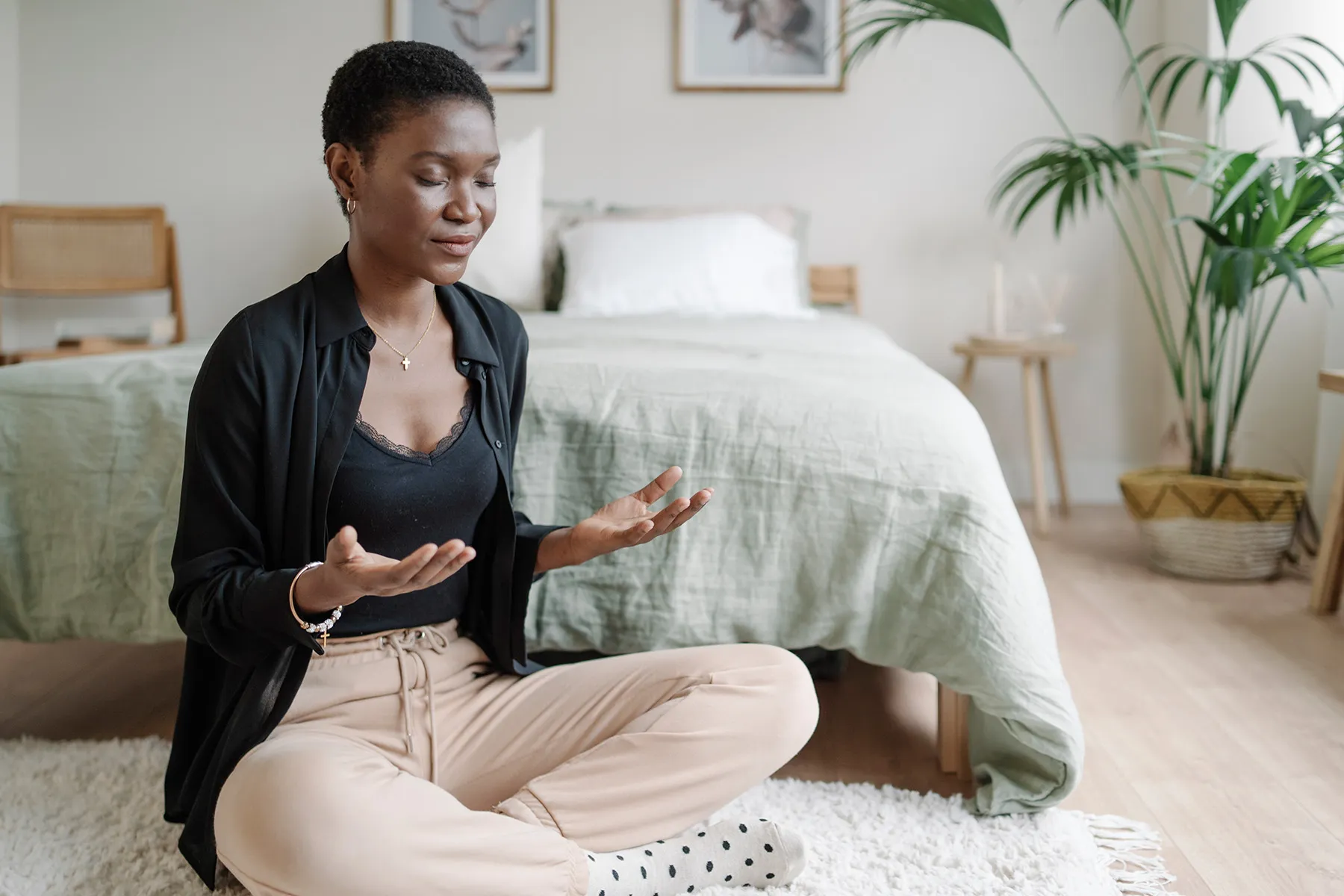United States – Abortion rights have still been one of the most talked about issues in the upcoming 2024 election. Likewise, a new poll states that Asian Americans, Native Hawaiians, and Pacific Islanders in the United States are very much in support of legal abortion in situations where a pregnant woman wishes an abortion or any other purpose at all.
Abortion Rights Surges
An accession from the AAPI Data and The Associated Press-NORC indicates that 80% of Asian Americans, Native Hawaiians, and Pacific Islanders believe that abortion should be legal in all or most cases. They’re also supportive of federal government action to preserve abortion rights: Three-quarters of the AAPI adults stated that Congress needed to impose laws that enabled every US resident to access legal abortions.
Conversely, an AP-NORC poll that was conducted late last year revealed that 64% of U.S. adults agreed that abortion should be legal in most or all the cases. That number is more than six out of ten of all U.S. adults, and overall, they think that Congress should pass a law to guarantee access.
Lead the Charge

Unlike Americans as a whole, a disproportionately higher percentage of AAPI adults consider themselves Democrats, which could be partly to account for their higher levels of abortion support compared to the general population. However, the same pattern occurs among Democrats only when we turn to the last-trimester abortions. AAPI Democrats are particularly likely to favor legal abortion without any limits; half of them say abortion should be allowed in all cases, as opposed to Democrats overall, who stand at 40%.
AAPI Republicans are significantly more likely than Republicans overall to be in favor of legislation that ensures the status of the access to legal abortion in the country. Half (57%) of AAPI conservatives think abortion should be permitted at least in some situations, as opposed to one-third (38%) of Republicans overall. 51% of AAPI Republicans also support passing a law protecting nationwide legal abortion, but only 32% of all Republicans want that passed.
AAPI voters are a fast-growing demographic with an especially large presence in states such as California, Texas, and New York. Their attitudes on some other surveys cannot be assessed due to small sample sizes and other issues. This survey is part of a multi-phase study to learn AAPI Americans’ opinions as well.
A significantly high turnout in areas where the AAPI populations are predominantly based may go in favor of Democrats in competitive House seats. Also, the general debate on whether nonwhite voters are moving toward the right wing may incept a process for the Democrats to morph AAPI votes in their favor. The survey reveals that abortion is a hot-button topic among AAPI communities, making it favorable for Democrats who want to rally their base and a hurdle for the Republicans.
“It saddens me how politics got involved in this, and they really shouldn’t have,” said Debra Nanez, a 72-year-old retired nurse in Tucson, Arizona, and an independent voter. Nanez identifies as Asian, Native American, and Hispanic. “It’s a woman’s body. How can you tell us what we can do with our bodies, what we can keep, and what we cannot keep? It’s ridiculous.”
A poll done by AP-NORC in October last year suggests that most Americans, around 40%, trust Democrats to handle the issue of abortion more than the 20% who trust Republicans. The poll revealed today shows that the gap in trust between the two parties is more pronounced among AAPI adults. AAPI adult Democrats dominate abortion policy trust with 55%; on the other hand, only 12% of Republicans have the same view on this issue.
In addition, the survey reveals that more than half of the AAPI adult population in the US were born in other countries. Immigration is a very important issue because, for many of the immigrants and their first-generation Americans, abortion is not just healthcare; it is also seen as a right that was not there in their country of origin by Varun Nikore, executive director of AAPI Victory Alliance, a progressive political organization.
“I think it has to do with some sort of pervasive home country attitudes, but also the strong feeling that we’ve had rights and access to health care, and now we don’t want to lose something that we had. And it could be that we also came to this country to have better access to health care than we did before,” Nikore said.
About 6 in 10 AAPI adults prefer Congress not to pass a law that allows states to step in and enact laws both for and to carry out the very restrictions of abortion, while only 14% support the banning of access to abortion across the country.
Personal Stories Highlight
Joie Meyer, 24, has been working as a health care consultant in Florida, a state that has instated a 15-week abortion ban. She said that since other neighboring states like Alabama and Georgia had even stricter abortion legislations in their states, therefore, she would have to travel to access the procedure.
“I’m 24, and maybe some people my age is having children, but if I were to get in that position to be pregnant, I don’t think I would feel ready,” she said. “So, that would be something that I would have to think about.”
Meyer, who was born in China but admitted as a baby in the U.S., has already planned with a Californian friend to handle terminating her pregnancy if necessary. Flying to the other side of the country might not be faster than driving to the closest state that offers abortion, but she wants to be taken care of by another person who is with her during the process of recovery.
“Even if there’s a closer state, would I want to do that alone and must navigate that physical and emotional pain alone? Not really,” Meyer said.










